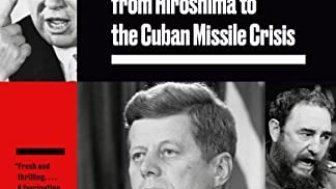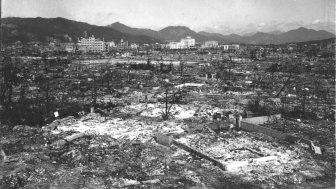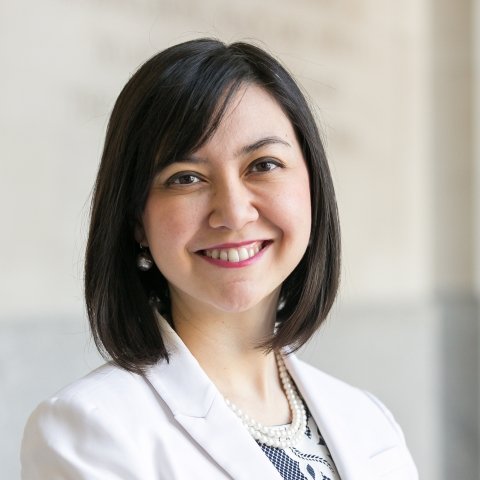Sayuri Romei
Former Public Policy Fellow
Expert Bio
Sayuri Romei was a Public Policy Fellow at the Wilson Center, where she is working on a project titled "Japan's Nuclear Bargain: The Making of a Nuclear Hedging Posture." Prior to her appointment at the Wilson Center, she was the Fellow for Security and Foreign Affairs at Sasakawa Peace Foundation USA, and a MacArthur Nuclear Security Pre-doctoral Fellow at Stanford University’s Center for International Security and Cooperation (CISAC).
Dr. Romei’s research project examines how Japan started and maintained a nuclear hedging posture throughout the postwar era. Drawing on primary and secondary sources from Japan and the United States, she argues that Japan’s postwar nuclear hedging posture began with a “nuclear bargain” that saw the country reject nuclear weapons and embrace nuclear power simultaneously, which was then sustained throughout the decades by the way the US-Japan relationship evolved, and by particular rhetorical mechanisms used by the Japanese government.
She holds a BA in English Language and Literature from the University of Sorbonne, a BA in International Relations from the University of Roma La Sapienza, an MA in International Relations and a PhD in Political Science from Roma Tre University.
Dr. Romei is the co-author of The New National Defense Program Guidelines: Aligning U.S. and Japanese Defense Strategies for the Third Post-Cold War Era (Sasakawa USA, 2019). Her work was featured in the Washington Post, Kyodo News, The Air Force Journal of Indo-Pacific Affairs, among others, and she appeared on BBC World News and BBC World Service, PBS NewsHour, and the National Journal to comment on security issues in East Asia.
Wilson Center Project
Japan's Nuclear Bargain: The Making of a Nuclear Hedging Posture
Insight & Analysis by Sayuri Romei
Filter
- Past event
- History
Gambling with Armageddon: Nuclear Roulette from Hiroshima to the Cuban Missile Crisis, 1945-1962

- Article
75th Anniversary of the bombing of Hiroshima

- Blog post
- Nuclear History
The Soviet Union and the Atomic Bombings of Hiroshima and Nagasaki



